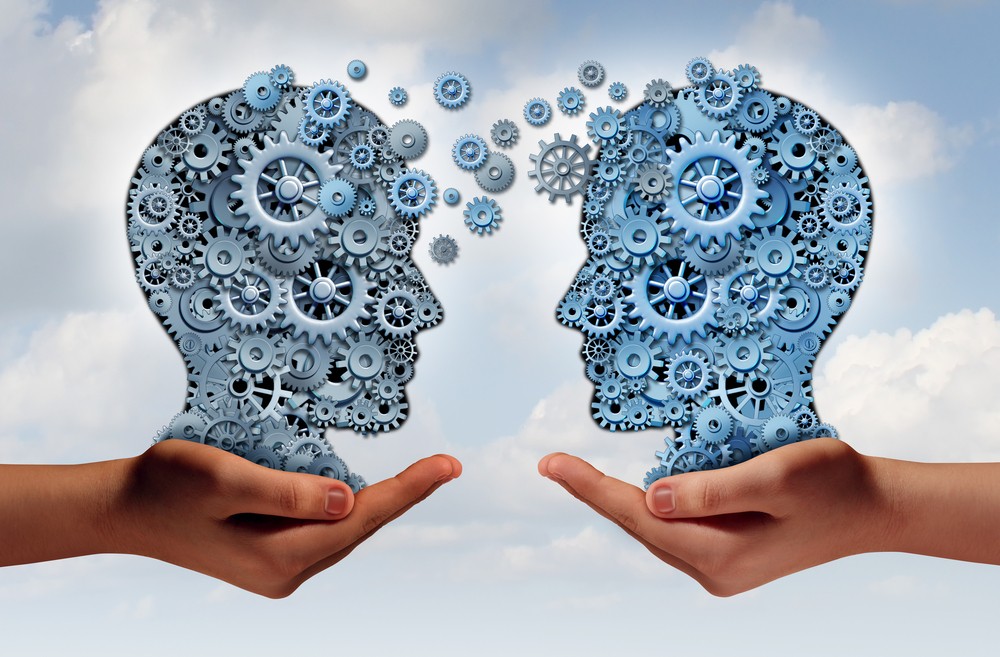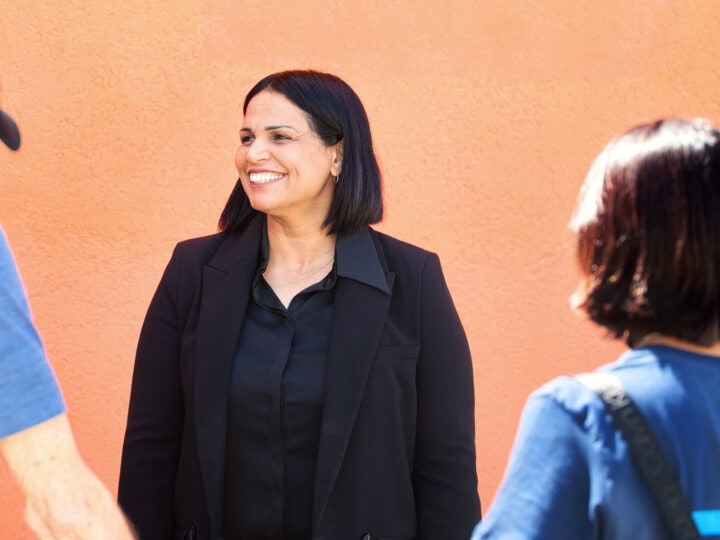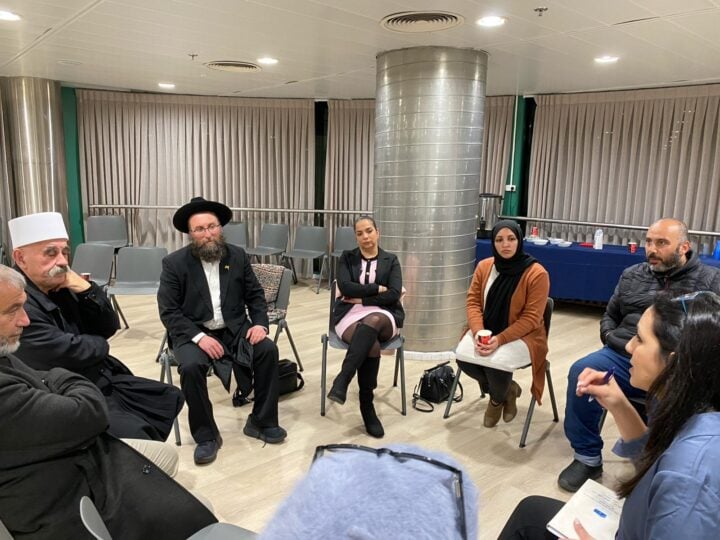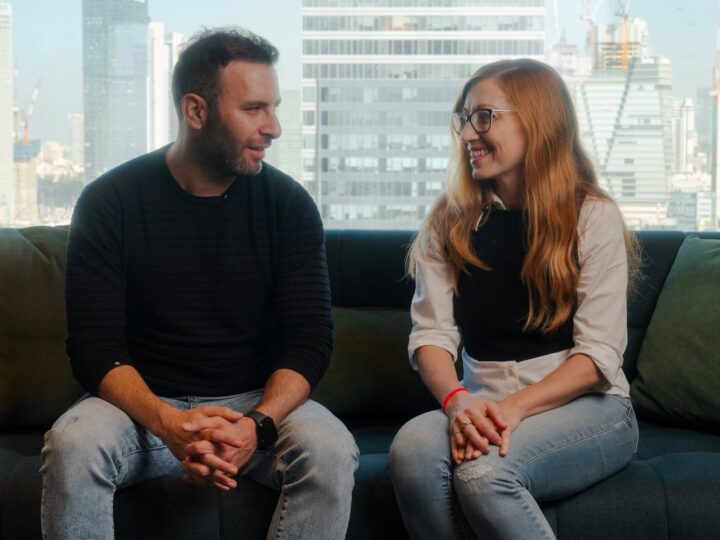Ahmed El Hady is a 31-year-old Egyptian postdoctoral fellow at Princeton University’s Neuroscience Institute, studying the neural basis of decision-making. His decision to co-chair a scientific meeting of the minds between Arabs and Israelis was a no-brainer.
Fellow scientists from the Arab world responded enthusiastically to his invitation to participate, he tells ISRAEL21c.
“Contrary to the common belief, I think many Arab scientists – especially from younger generations – are keen on academic interactions with Israelis,” says El Hady.
The second such meeting, the NeuroBridges 2015 Conference held in Paris on September 7-9, featured six speakers hailing from Palestinian Authority-administered territories, Jordan and Egypt, as well as six French and six Israeli speakers on the topic of closing the gap between computational and practical neuroscience.
“It did not take a lot of effort to convince participating scientists of the importance of such an event,” El Hady says.
Participants represented themselves, not their countries of origin, as they shared their research.
El Hady’s partners in NeuroBridges are neurobiologist Prof. Yonatan Loewenstein from the Hebrew University of Jerusalem and Prof. Gianluigi Mongillo from Université Paris-Descartes, which hosted the 2015 conference.
Communicate, argue, cooperate
“I was invited to give a seminar in Germany in 2013, and I met Ahmed there,” explains Loewenstein, who also researches decision-making. El Hady was then working toward his doctorate at the Max Planck Institute for Dynamics and Self Organization. “I had a professional interest in his work, and we had an idea to do something together.”
For starters, El Hady came to the Hebrew University in 2014 to deliver a guest lecture at Loewenstein’s invitation. Things blossomed from there.
The first NeuroBridges conference took place in summer 2014, hosted at Max Planck by Loewenstein, El Hady and Tim Gollisch of Göttingen University.
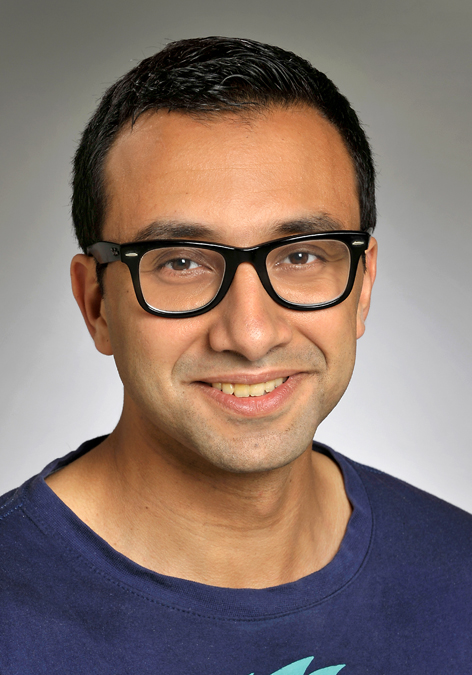
Although the timing fell out during the Gaza war, “the participating scientists from Israel and Arab countries proved that the relationship between them is not solely determined by the Arab-Israeli conflict and that they can communicate, argue and cooperate in spite of a war situation,” say the organizers.
This initial success encouraged the organizers to plan the second NeuroBridges.
“Surprisingly, there are very good energies. Everyone who hears about this project and those involved in this project are all very excited about it,” Loewenstein tells ISRAEL21c.
“It’s like a waterfall: You remove an obstacle and all of a sudden the water flows. Even some of those who could not attend for various reasons were happy about the existence of the project,” Loewenstein says.
“People really want to make a change and help make that change. Whether or not this change will come out of our meetings I don’t know, but I see part of my responsibility is to try.”
Both the men say the October terror attacks throughout Israel have not deterred them.
“The current wave of violence is a horrific demonstration of what happens when moderates fail to set the tone. I am more determined than ever to continue with our initiative,” says Loewenstein.
“I agree with Yonatan,” says El Hady. “It is a mandatory for intellectuals and academics to intervene to stop the spiral of dehumanization that has set the pretext for these attacks.”
Professionally, personally satisfying
El Hady reports that the two conferences held so far were fruitful on professional and personal levels.
“The meetings have been very successful. On a personal note, I have been able to interact with Israelis when I began to work on my graduate studies, meaning that science was the only way I was able to meet an Israeli.”
Loewenstein stresses that the formal sessions were focused purely on science. “I learned many new things, and I might form new collaborations with some of the people I met there,” he says.
Politics inevitably came up in discussions during breaks and meals, he adds. “It was very interesting. There are many things that we learn about how each we view the conflict.
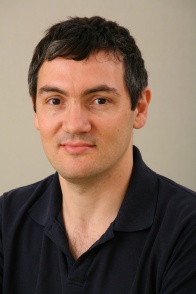
“One of the Arab participants said that we as scientists are trying to think critically about the things around us, and it would be a good idea to think critically not only about what we read in the professional journals of neuroscience but also about how we see the world and our conflict,” Loewenstein continues. “He argued that scientists might find it easier [than others] to change their views in the face of new evidence.”
However, the 43-year-old neurobiologist sees no reason why cross-national meetings couldn’t work just as well in other professions. “There are many attempts of all kinds to improve relations between Arabs and Israelis at different levels, and I think we should all try as best as we can independent of what our profession is,” says Loewenstein.
El Hady agrees: “The goal is to provide a forum for scientific exchange, academic interaction and mutual understanding between Arab and Jewish scientists that transcend the ongoing conflict. It is meant to set an example that academic interaction can exist even in the existence of a war situation and political disagreement. I am very much hoping it provides an example for other disciplines to develop similar forums.”
Those involved in NeuroBridges hope to establish a graduate school that brings together student neuroscientists to learn together while getting to know peers on the “other side.”
“We’re not sure yet where it will be; it requires a local organizer and funding, but I’m sure we’ll be able to make it happen,” says Loewenstein.
NeuroBridges receives support from the France-Israel Laboratory of Neuroscience and the Université Paris Descartes’ Institute of Neuroscience and Cognition and Fédération de Recherche en Neurosciences in Paris; the Edmond and Lily Safra Center for Brain Sciences at the Hebrew University; and the Zlotowski Center for Neuroscience at Ben-Gurion University of the Negev.
For additional information, click here.




